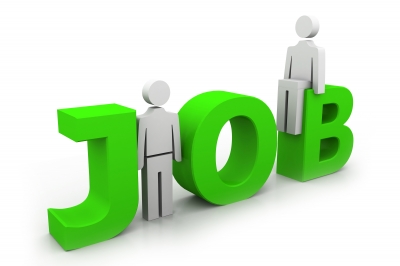We’ve read the studies released by acclaimed researchers telling us about how body language affects the way people perceive us. And from time to time we read self-help books that teach us how to convey assertiveness, confidence, respect or any other human quality through gestures that will make others feel comfortable around us.
However, does body language really play a vital role in how people perceive you? What’s more, is it the key input that will see you acing an interview and getting that job you’ve always wanted?
What is body language?
It is important to not confuse body language with facial expressions. A study released by Princeton University researchers shows that facial expressions don’t necessarily convey the state or mood one is truly in, as facial expressions are, contrary to popular theories, not a universal indicator of a person’s attitude. However, what you do with your hands, shoulders, legs or torso may account for 55% of communication, according to a study by well-known researchers, Mehrabian, Wiener and Ferris.
So What Does this 55/38/7 Mumbo Jumbo Actually Mean?
If you’ve studied theories about body language, you probably would have heard of a hypothesis that claims that it (body language) accounts for 55% of communication, while tone of voice and the actual words spoken account for 38% and 7%, respectively. Though the numbers are far from the truth, there are grounds for such a theoretical ratio – you might feel one thing and say something contrary to that emotion (deception), but you might subconsciously relay that information by scratching your nose (a sign that you’re are lying) or drying your sweaty hands (a sign of anxiety).
So what you’re saying is…
Yes, body language does, to a certain extent, convey one’s attitude and emotions, and very experienced individuals (your interviewer) can, regardless of subtlety, pick up on these cues. If you play with your hair, scratch the backside of your head or neck (shy or uncertain), tap your feet or fingers (anxious or bored), look down (low self-esteem or disinterest), cross your arms (defensiveness), rest your hands on your waist (impatience) or slouch your shoulders (low self-esteem or boredom), it’s time to reconsider your approach.
On the other hand, a firm handshake (self-assured), an upright posture (alert), constant eye contact (confident and interested), slow deliberate gestures (self-assured), nodding (comprehension) and keeping a good distance between you and the interviewer (not invasive) is a great way of making a good first impression on your interviewer. You must, however, remember that body language alone is not a sure winner, but combining it with wise, witty words and being well-spoken will increase your chances of getting your foot in the door.
Sadly, these movements are reflexes, so you can’t just switch them on and off as you please – unless you’re that good at controlling your own subconscious mind. Practicing might help, but ultimately, honesty and being at ease will keep you from relaying negative emotions that might give your interviewer the impression that you’re not fit for the position.
Image courtesy of ddpavumba /FreeDigitalPhotos.net



